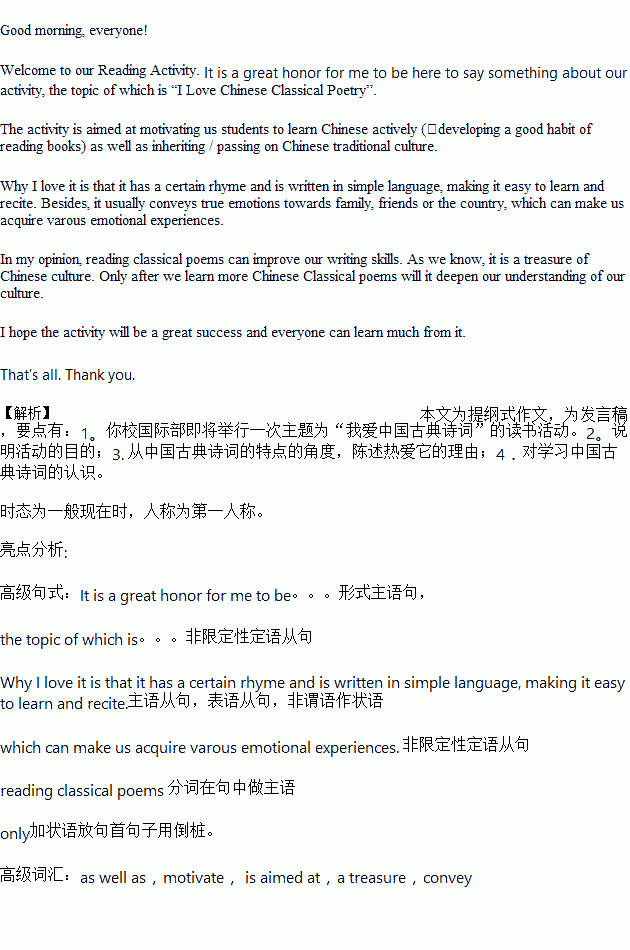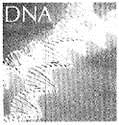��Ŀ����
�������������У���ʲ���������һ������Ϊ���Ұ��й��ŵ�ʫ�ʡ��Ķ������㽫����ȫ��ѧ������������ʽ�Ϸ��ԡ��������������ʾ����Ӣ��дһƪ���Ը塣���ݰ�����
1. ˵�����Ŀ�ģ�
2. ���й��ŵ�ʫ�ʵ��ص�ĽǶȣ������Ȱ��������ɣ�
3. ��ѧϰ�й��ŵ�ʫ�ʵ���ʶ��
ע�⣺
1. ����100�����ң�
2. ��ͷ��д�ã��������ܴ�����
3. ���ʵ�����ϸ�ڣ���ʹ�������ᡣ
�ο��ʻ㣺�ŵ�ʫ�� classical poetry; Ѻ�� rhyme
Good morning, everyone!
Welcome to our Reading Activity._________________________________________________________
_____________________________________________________________________________________
_____________________________________________________________________________________
_____________________________________________________________________________________
_____________________________________________________________________________________
_____________________________________________________________________________________
________________________________________________
 �Ķ��쳵ϵ�д�
�Ķ��쳵ϵ�д�

 e part in. Only athletes who have reached the agreeing standard for their events will be admitted into competitors.
e part in. Only athletes who have reached the agreeing standard for their events will be admitted into competitors. DNA��Deoxyribonucleic acid��is one of the most important discoveries in science. DNA is the plan for the human being��as a blueprint is the plan for building. DNA makes a person look the way he does. A person��s DNA comes from a mixing of his parents�� DNA. That��s why a child looks like his parents. But��besides controlling things such as height and hair color��DNA can also give people diseases. Scientists are now studying DNA to cure�����ƣ� diseases.
DNA��Deoxyribonucleic acid��is one of the most important discoveries in science. DNA is the plan for the human being��as a blueprint is the plan for building. DNA makes a person look the way he does. A person��s DNA comes from a mixing of his parents�� DNA. That��s why a child looks like his parents. But��besides controlling things such as height and hair color��DNA can also give people diseases. Scientists are now studying DNA to cure�����ƣ� diseases.  create many problems.
create many problems. of DNA Research in Japan
of DNA Research in Japan